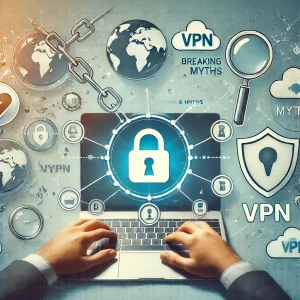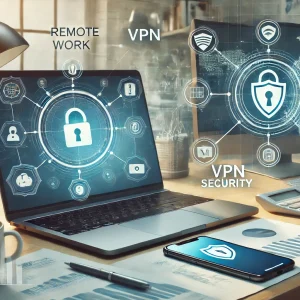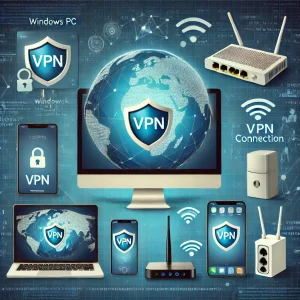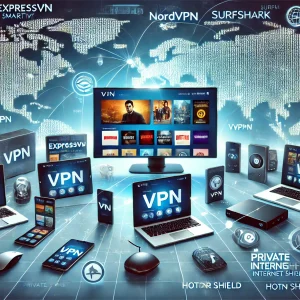In today’s digital age, privacy and security are more critical than ever. With the increasing number of cyber threats and the growing need for online anonymity, Virtual Private Networks (VPNs) have become essential tools for internet users worldwide. But with so many options available, the question remains: should you choose a free VPN or invest in a paid one? In this blog post, we will compare free and paid VPNs to help you decide which is better for you in 2024.
Why VPNs Matter in 2024
Before diving into the comparison, let’s first understand why VPNs are so important. VPNs encrypt your internet connection, making it difficult for hackers, ISPs, and even governments to track your online activities. They also allow you to bypass geo-restrictions, giving you access to content that might be blocked in your region. Whether you’re concerned about privacy, security, or simply want to access more content online, a VPN is a valuable tool.
Free VPNs: Pros and Cons
Pros of Free VPNs
- Cost-Effective: The most obvious advantage of free VPNs is that they are free. If you’re on a tight budget, a free VPN can provide basic privacy and security without any financial commitment.
- Basic Protection: Free VPNs can offer essential protection, such as hiding your IP address and encrypting your internet connection, which is better than having no protection at all.
- Easy to Use: Many free VPNs are designed to be user-friendly, making them accessible to those who are not tech-savvy.
Cons of Free VPNs
- Limited Features: Free VPNs often come with limited features, such as data caps, fewer server locations, and slower speeds. This can be frustrating if you need a VPN for streaming, gaming, or other data-intensive activities.
- Privacy Concerns: Some free VPNs may log your data and sell it to third parties to make a profit. This defeats the purpose of using a VPN for privacy.
- Ads and Pop-ups: Free VPNs often rely on ads to generate revenue, which can result in a less pleasant user experience.
- Security Risks: Not all free VPNs are reliable. Some may contain malware or have weak encryption, putting your data at risk.
Paid VPNs: Pros and Cons
Pros of Paid VPNs
- Comprehensive Features: Paid VPNs offer a wide range of features, including unlimited data, multiple server locations, and high-speed connections. They are ideal for streaming, gaming, and secure browsing.
- Strong Privacy Policies: Reputable paid VPNs have strict no-log policies, ensuring that your data is not tracked or sold.
- Better Security: Paid VPNs invest in robust encryption and advanced security protocols to keep your data safe.
- Customer Support: Paid VPNs often provide 24/7 customer support, helping you resolve any issues quickly and efficiently.
Cons of Paid VPNs
- Cost: The main downside of paid VPNs is the cost. While many offer affordable plans, they are still an added expense that some users may find unnecessary.
- Overwhelming Options: With so many paid VPNs available, choosing the right one can be overwhelming. It’s essential to research and find one that meets your specific needs.
Practical Tips for Choosing Between Free and Paid VPNs
- Assess Your Needs: Determine what you need a VPN for. If it’s for occasional browsing and basic privacy, a free VPN might suffice. If you need it for streaming, gaming, or professional use, a paid VPN is likely the better choice.
- Check Reviews: Look for reviews and ratings from trusted sources to find out the reliability and performance of the VPN you’re considering.
- Trial Periods: Many paid VPNs offer trial periods or money-back guarantees. Take advantage of these offers to test the VPN before committing to a subscription.
- Security Features: Ensure that the VPN you choose has strong encryption, a no-log policy, and other essential security features.
Conclusion
In the debate of “Comparing free and paid VPNs: Which is better for you in 2024?”, the answer ultimately depends on your specific needs and budget. Free VPNs can provide basic protection for casual users, but they come with limitations and potential risks. Paid VPNs offer comprehensive features, better security, and more reliable privacy policies, making them a worthwhile investment for those who prioritize online privacy and security.
As we move further into 2024, the importance of protecting your online activities cannot be overstated. Whether you choose a free or paid VPN, ensure that it meets your requirements and helps you stay safe in the digital world.





